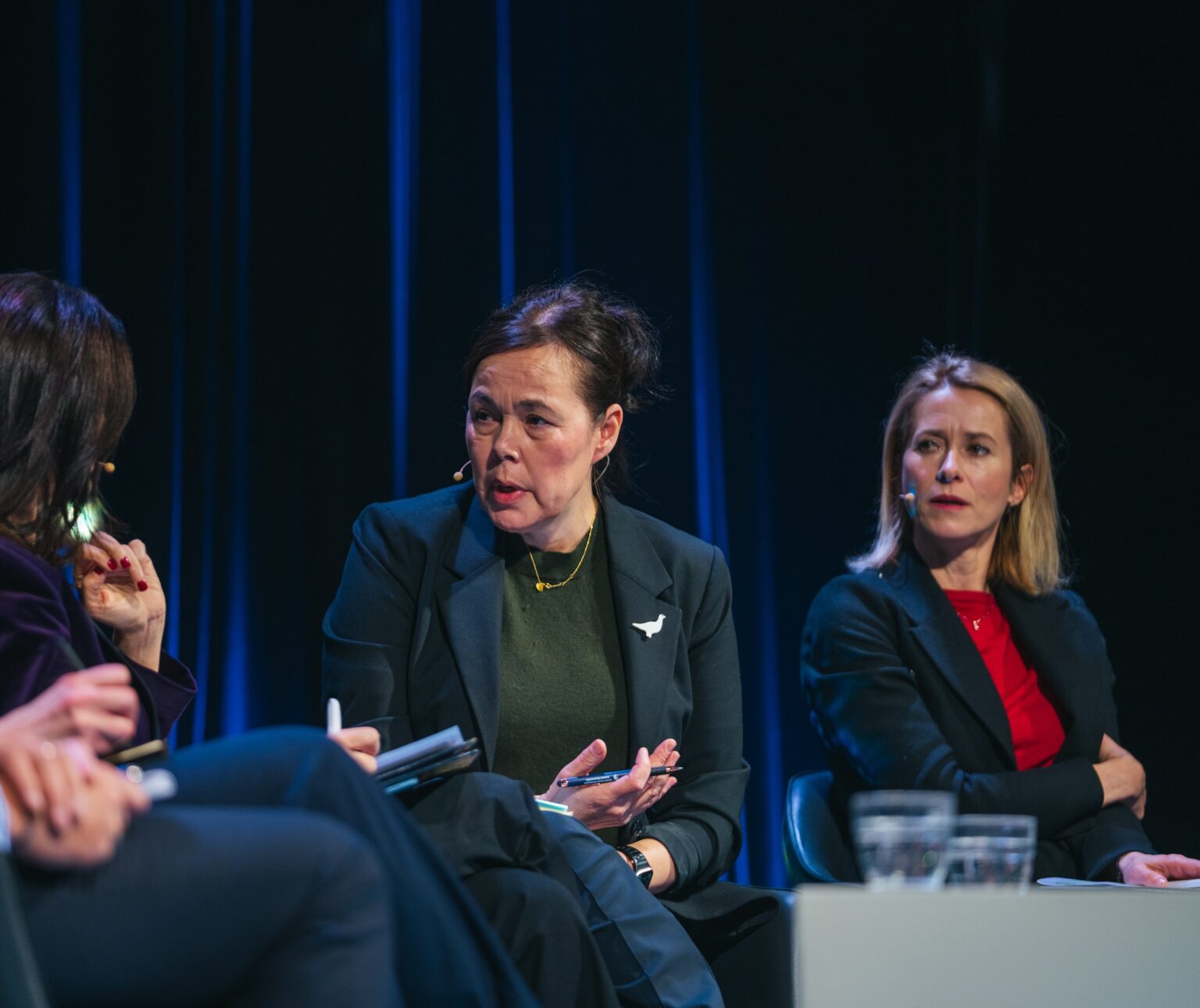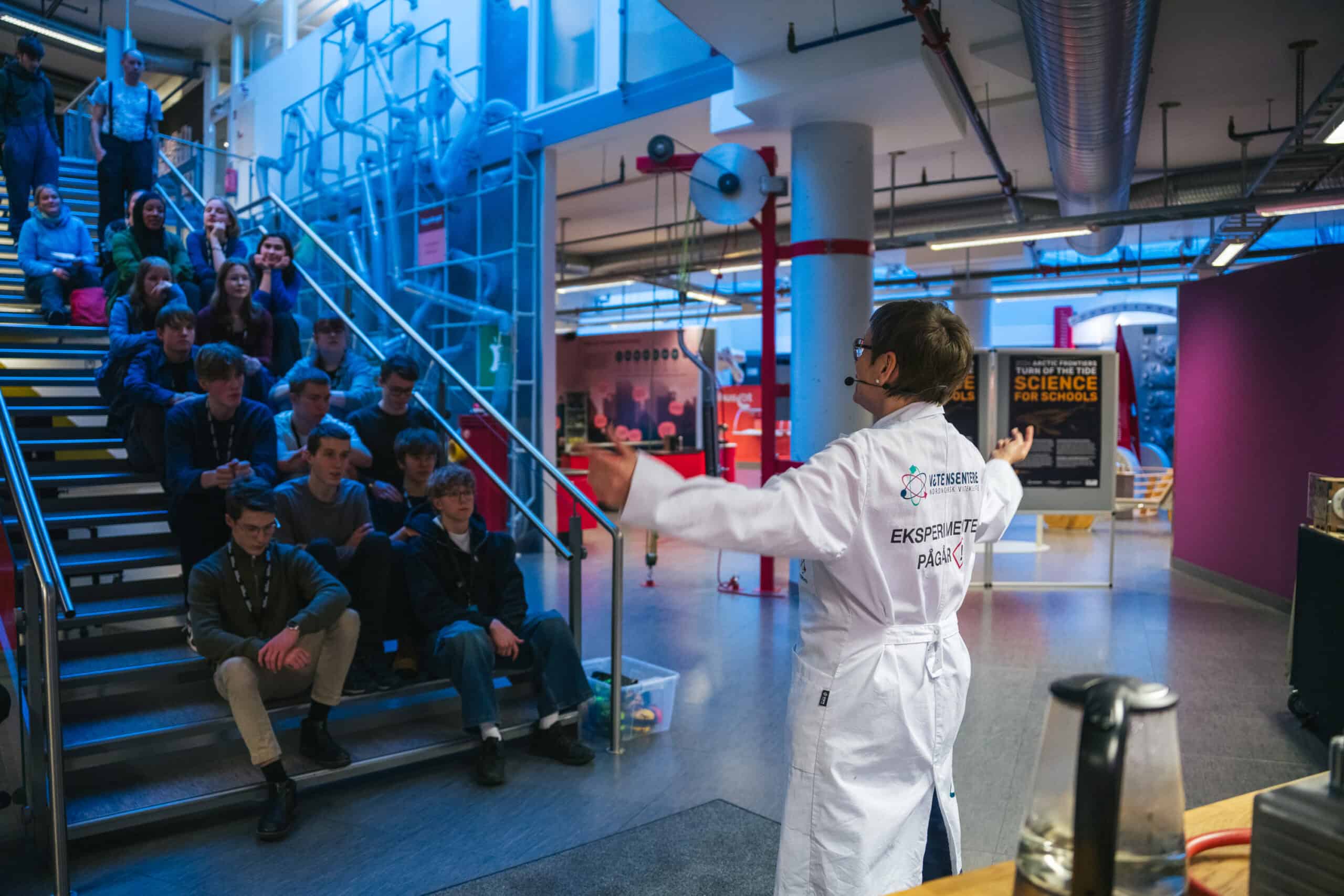Science for Kids and Science for Schools: Engaging youth in Arctic science
The Science for Kids and Science for Schools programs engage kindergarteners and schoolchildren from all over Tromsø in Arctic science - and invites them to do science themselves!
Ten Years of Arctic Partnership: Arctic Frontiers in Busan
In December, Arctic Frontiers attended the Arctic Partnership Week (APW) in Busan, Republic of Korea. Celebrating its 10th anniversary, the APW reflected on the path forward for a sustainable Arctic.


